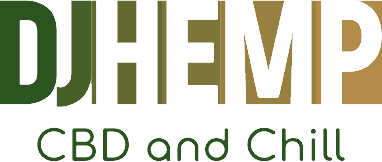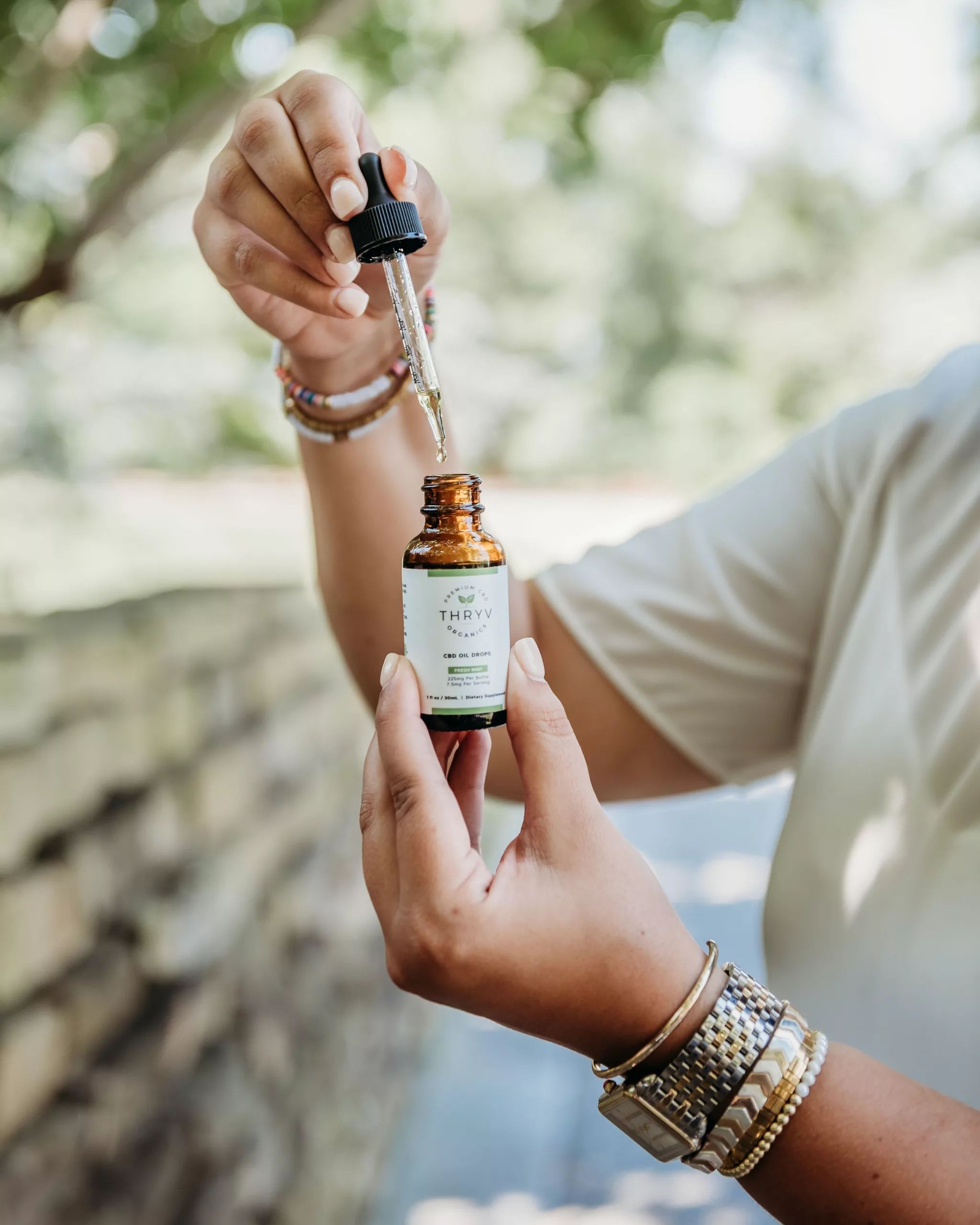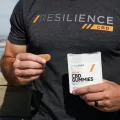Introduction
Addiction recovery is a challenging journey that requires patience, support, and commitment.
While traditional treatments have been effective, more people are turning to alternative therapies such as CBD to aid in their recovery.
CBD, or cannabidiol, is a non-psychoactive compound found in the cannabis plant that has gained popularity for its potential health benefits. But is CBD an aid or just hype in addiction recovery?
Let’s explore the facts.
Facts Numbered List
-
CBD has been found to modulate the brain’s reward system, which plays a significant role in addiction and relapse.
-
CBD may help reduce drug-seeking behavior in people addicted to opioids, cocaine, and other drugs.
-
CBD has been found to be safe and well-tolerated in humans, with no significant adverse effects reported.
-
CBD has been found to have minimal abuse potential, unlike THC, which is the psychoactive compound in cannabis.
-
CBD may help reduce anxiety and stress, which are common triggers for addiction and relapse.
-
CBD may help reduce inflammation in the brain, which is associated with addiction and other mental health disorders.
-
CBD may help reduce cravings for drugs and alcohol by modulating the brain’s neurotransmitters.
-
CBD has been found to improve sleep quality, which is essential for addiction recovery.
-
CBD may help reduce withdrawal symptoms in people recovering from addiction.
-
CBD may help improve cognitive function and memory, which can be impaired by drug use.
-
CBD may help reduce the risk of relapse by improving the overall well-being of the person in recovery.
-
CBD has been found to have antioxidant and neuroprotective properties, which may help protect the brain from damage caused by drug use.
-
CBD may help reduce the severity of cravings and withdrawal symptoms in people addicted to tobacco.
-
CBD may help reduce alcohol consumption in people with alcohol use disorder.
-
CBD has been found to be effective in reducing seizures in people with epilepsy, which is a common comorbidity with addiction.
-
CBD may help reduce the risk of psychosis and other mental health issues related to drug use.
-
CBD may help reduce the risk of developing addiction to prescription drugs such as opioids.
-
CBD may help improve the immune system, which can be compromised by drug use.
-
CBD may help reduce inflammation and pain in people with chronic pain, which is a common reason for prescription drug abuse.
-
CBD may help improve the overall quality of life for people in recovery by reducing anxiety, depression, and other mental health issues.
-
CBD is legal in many states in the US and is widely available online and in health food stores.
-
CBD should not replace traditional addiction treatments, but it may be a useful adjunct therapy when used under the guidance of a healthcare professional.
Conclusion
CBD has shown promising potential as an aid in addiction recovery.
It may help reduce cravings, improve sleep, reduce anxiety, and modulate the brain’s reward system, among other benefits.
However, it is essential to remember that CBD should not replace traditional addiction treatments, and it should be used under the guidance of a healthcare professional.
While more research is needed, the current evidence suggests that CBD may be a valuable tool in addiction recovery.
FAQ
FAQ
Can CBD get you high?
No, CBD is a non-psychoactive compound that does not produce a "high" like THC, the psychoactive compound in cannabis.
Is CBD legal?
CBD derived from hemp is legal in many states in the US, but the legality varies from state to state.
It is essential to check your state’s laws before purchasing or using CBD products.
Is CBD addictive?
No, CBD has minimal abuse potential and is not addictive.
Can CBD replace traditional addiction treatments?
No, CBD should not replace traditional addiction treatments such as therapy, medication, and support groups.
It may be a useful adjunct therapy when used under the guidance of a healthcare professional.
Are there any side effects of CBD?
CBD has been found to be safe and well-tolerated in humans, with no significant adverse effects reported.
However, some people may experience mild side effects such as dry mouth, fatigue, and changes in appetite.
How do I know if CBD is right for me?
It is essential to consult with a healthcare professional before using CBD, especially if you are taking medication or have a medical condition.
They can help you determine if CBD is suitable for you and guide you on the proper dosage and administration.
I am a CBD enthusiast and creator of DJ Hemp who has made it my mission to enlighten the world about the cannabis industry through thought-provoking literary works.
I have successfully fostered an open-minded, inquisitive community that is eager to learn more about the potential benefits of CBD.
Contact me at [email protected] for assistance.





